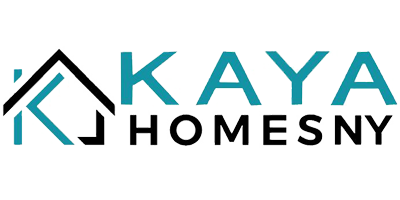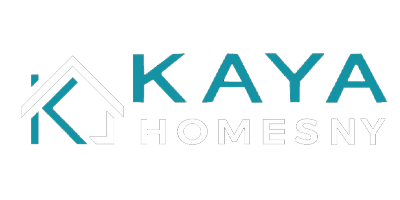Can I Buy an Investment Property Before My First Home?
Are you looking to dive into the real estate market but clueless on whether to sell or buy a house in Long Island for your personal living, or should you perhaps try your luck with an investment property? Well, you are not alone. Most people who try to attempt a home of their own face […]
How Much Down Payment For A House In Long Island
Buying a home on Long Island is a big accomplishment, but it all begins with the million-dollar question of: how much money will you need for a down payment? The amount of money required for a down payment has just become too significant now that property values continue to rise in Nassau, Queen, Brooklyn, and […]
Commercial vs. Residential Real Estate – Everything You Need to Know

Commercial vs. Residential Real Estate – Everything You Need to Know
What is a Credit Score? Basics of Credit and Why It’s Important
What is a Credit Score? Basics of Credit and Why It’s Important




 by Mottek Group
by Mottek Group